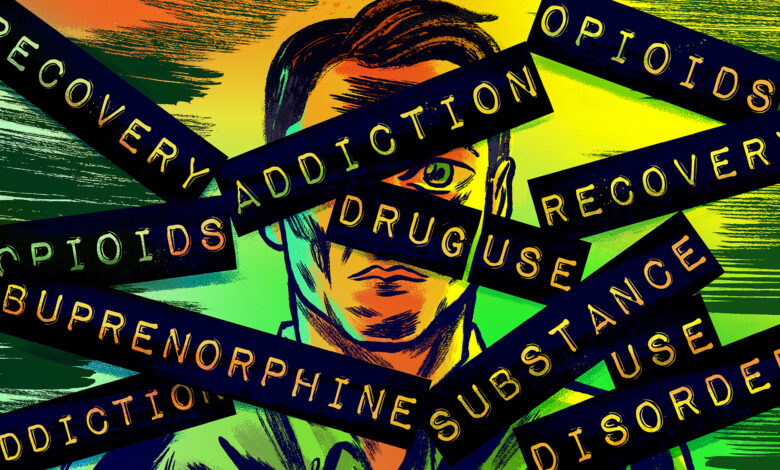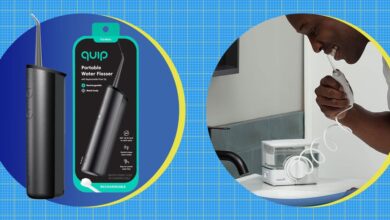Substance abuse and addiction recovery

Substance abuse and addiction is a serious problem that affects millions of people worldwide. Addiction can ruin relationships, careers, and even lives. However, recovery is possible for those struggling with addiction. This article will explore the journey of addiction recovery and provide tips for those seeking help.
Understanding Substance Abuse and Addiction
Before discussing addiction recovery, it is important to understand what substance abuse and addiction are. Substance abuse refers to the harmful use of substances such as alcohol, prescription drugs, or illegal drugs. Substance abuse can lead to addiction, which is a chronic disease characterized by compulsive drug seeking and use despite harmful consequences.
Signs of Substance Abuse and Addiction
Substance abuse and addiction can have a variety of physical, behavioral, and psychological signs. Some common signs of substance abuse and addiction include:
- Changes in behavior or personality
- Increased tolerance to drugs or alcohol
- Withdrawal symptoms when not using drugs or alcohol
- Neglecting responsibilities at work, school, or home
- Loss of interest in hobbies or activities
- Financial difficulties
- Legal problems
Causes of Substance Abuse and Addiction
There is no single cause of substance abuse and addiction. Factors such as genetics, environment, and psychological health can all contribute to the development of addiction. Some common causes of substance abuse and addiction include:
- Trauma or stress
- Mental health disorders
- Social pressure
- Family history of addiction
The Journey of Addiction Recovery
Recovery from addiction is a process that requires commitment and support. Here are some key steps in the journey of addiction recovery:
Acknowledging the Problem
The first step in addiction recovery is acknowledging the problem. This can be a difficult and emotional process, but it is necessary for recovery to begin.
Seeking Treatment
After acknowledging the problem, the next step is seeking treatment. Treatment for addiction can include therapy, medication-assisted treatment, and support groups such as Alcoholics Anonymous or Narcotics Anonymous.
Maintaining Sobriety
Maintaining sobriety is an ongoing process that requires dedication and support. Some strategies for maintaining sobriety include:
- Avoiding triggers and high-risk situations
- Developing a support network
- Practicing self-care and stress management
- Attending support groups or therapy sessions
Addressing Underlying Issues
Addiction is often a symptom of underlying issues such as trauma or mental health disorders. Addressing these underlying issues is an important part of addiction recovery and can help prevent relapse.
Celebrating Milestones
Recovery from addiction is a journey that is marked by milestones such as 30 days, 90 days, and one year of sobriety. Celebrating these milestones can help reinforce the commitment to sobriety and provide motivation to continue on the path of recovery.
Tips for Substance Abuse and Addiction Recovery
Recovering from addiction is not easy, but it is possible. Here are some tips for those seeking help with substance abuse and addiction recovery:
Be Honest
Honesty is essential in addiction recovery. Being honest with oneself and others about the problem is the first step in seeking help.
Build a Support Network
Building a support network is crucial for addiction recovery. This can include family, friends, therapists, and support groups.
Set Realistic Goals
Setting realistic goals can help prevent feelings of overwhelm and frustrated. It is important to celebrate small victories along the way.
Practice Self-Care
Practicing self-care is essential for maintaining sobriety. This can include exercise, meditation, and hobbies or activities that bring joy.
Stay Committed
Recovery from addiction is a lifelong journey that requires commitment and dedication. Staying committed to the path of recovery can help prevent relapse.
Overcoming Challenges in Addiction Recovery
Addiction recovery is not a linear process, and there may be challenges along the way. Some common challenges in addiction recovery include:
Withdrawal Symptoms
Withdrawal symptoms can be uncomfortable and even dangerous. It is important to seek medical help during the withdrawal process.
Cravings
Cravings can be intense and may be triggered by stress, social situations, or other factors. Developing coping strategies and avoiding triggers can help manage cravings.
Relapse
Relapse is common in addiction recovery and should not be seen as a failure. It is important to seek help and support after a relapse.

